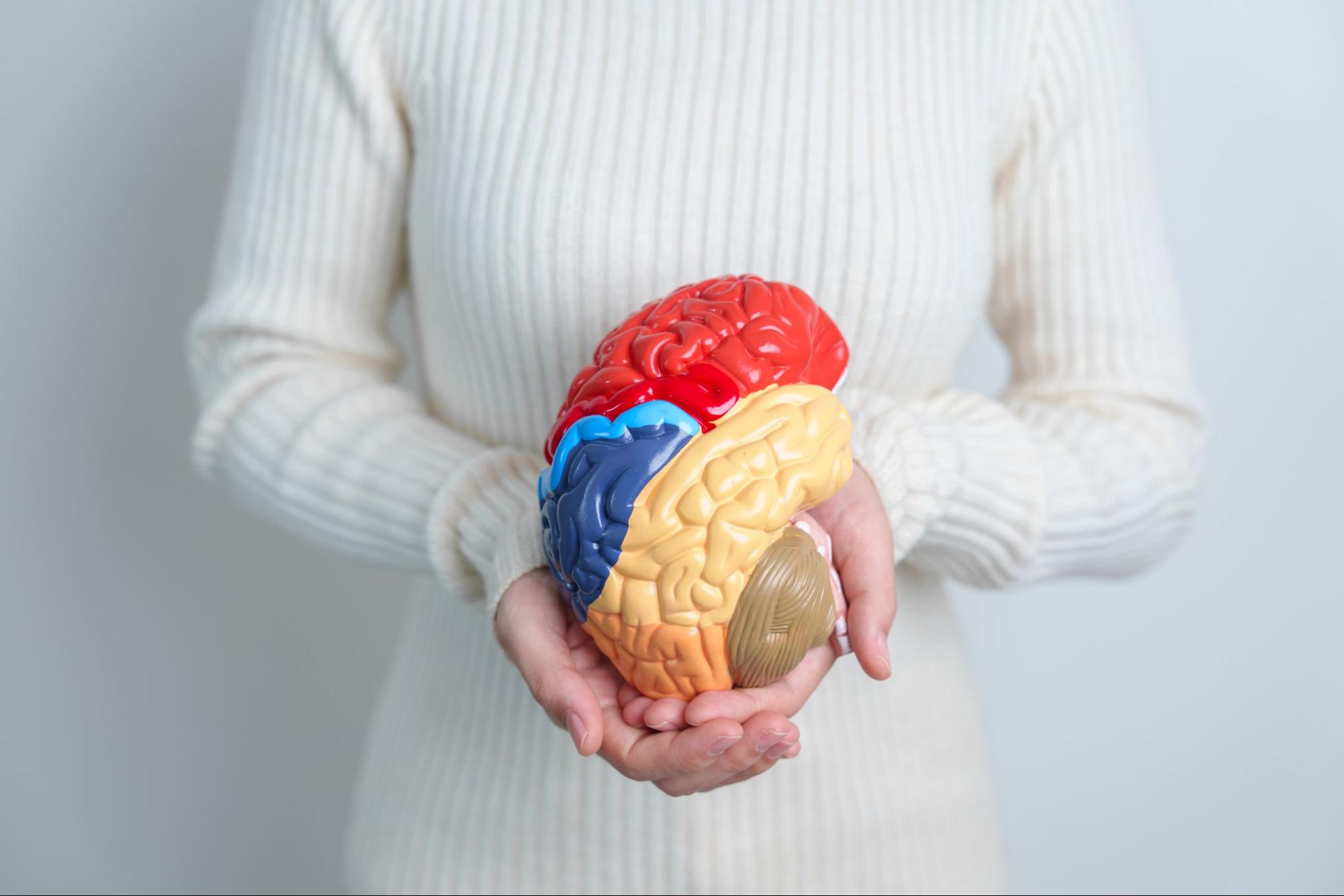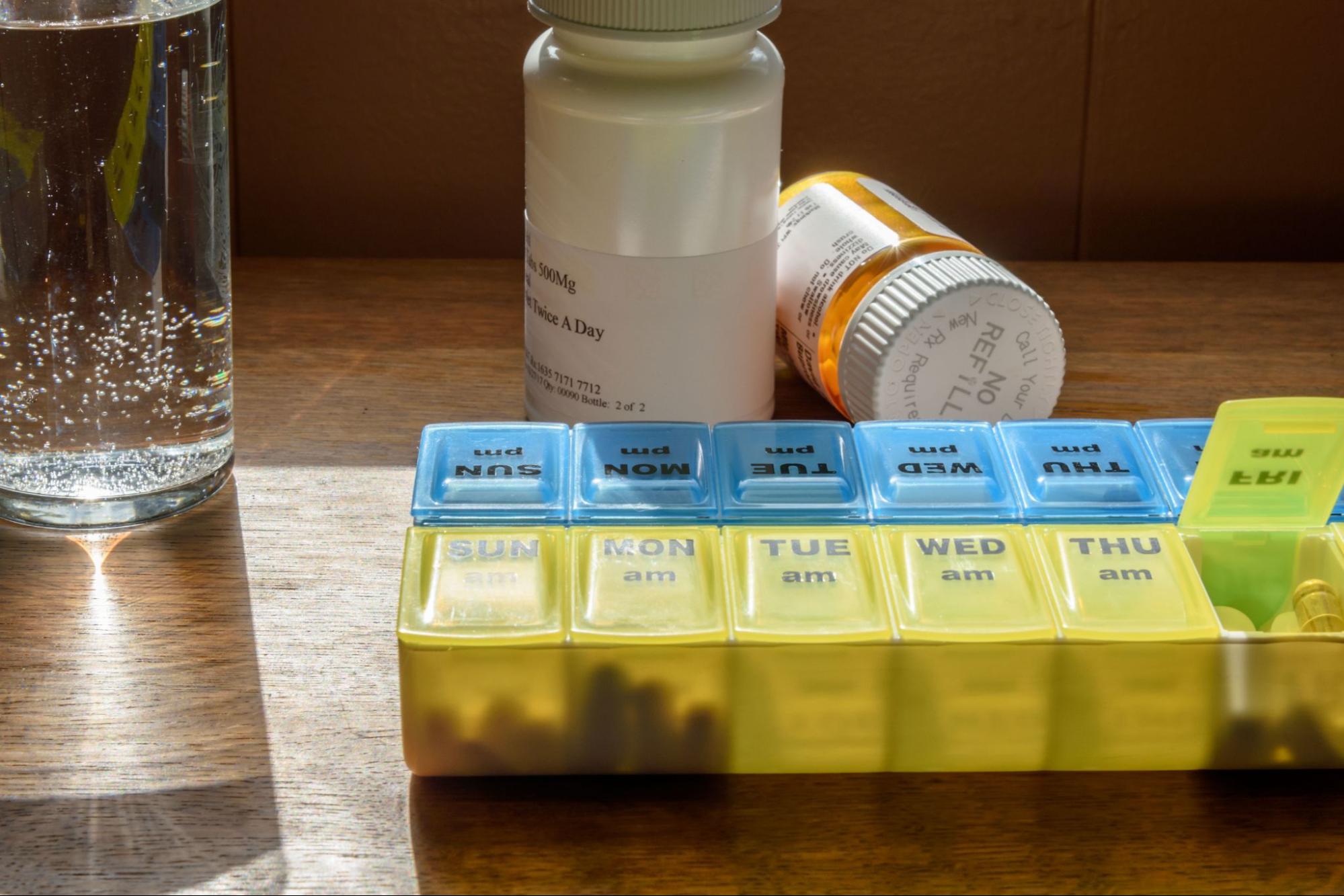Alzheimer’s and Brain Awareness Month underscores the importance of maintaining brain health. This period is dedicated to increasing public understanding of Alzheimer’s disease, fostering awareness, and encouraging proactive measures to support cognitive well-being. Everyone has a role to play in promoting brain health, and by adopting straightforward, practical strategies, significant improvements can be made for both individuals and communities. By focusing on education, lifestyle changes, and supportive environments, we can collectively enhance brain health and quality of life.
Understanding Alzheimer’s Disease
Alzheimer’s disease is a progressive neurological disorder that affects memory, thinking, and behavior. As the most common cause of dementia, it profoundly impacts individuals and their families. Early detection is crucial, as it allows for timely intervention and better management of symptoms. Recognizing signs such as memory loss, confusion, difficulty completing familiar tasks, and changes in mood or personality can lead to earlier diagnosis and improved care.
Lifestyle Changes for Brain Health
A diet rich in fruits, vegetables, whole grains, and lean proteins supports brain health. Omega-3 fatty acids, found in fish and nuts, offer particular benefits. Regular physical activity, like walking, swimming, or yoga, enhances blood flow to the brain and reduces cognitive decline risk. Mental stimulation through puzzles, reading, or learning new skills keeps the brain active and engaged. Additionally, adequate sleep and effective stress management are essential for maintaining cognitive function. Practices such as mindfulness and good sleep hygiene play crucial roles.
Creating a Brain-Healthy Environment
A safe and stimulating environment is vital for brain health. Reducing clutter, improving lighting, and minimizing fall hazards contribute to a safer living space. Social interactions are equally important; engaging with family and friends, participating in group activities, and volunteering can enhance mental well-being. Encouraging hobbies like gardening, painting, or playing musical instruments provides enjoyment and mental stimulation. Establishing a daily routine that includes physical, mental, and social activities helps maintain cognitive function and provides a sense of purpose and stability.
Professional Support and Resources
Accessing healthcare and support services is essential for managing Alzheimer’s disease. Regular check-ups with healthcare professionals help monitor and address concerns promptly. Community resources, such as local Alzheimer’s associations, offer valuable information, support groups, and educational programs. Caregiver support and education provide the necessary tools and resources for adequate care. Online resources and helplines also offer guidance and support, making finding help and connecting with others facing similar challenges easier.
The Role of Technology in Supporting Brain Health
Technology offers innovative ways to support brain health, particularly Alzheimer’s patients. Digital tools and applications designed for cognitive training help maintain mental acuity through engaging activities that challenge memory, problem-solving skills, and attention. Wearable devices, such as fitness trackers and smartwatches, monitor physical activity, sleep patterns, and heart rate, providing valuable data for managing overall health. Advanced devices also offer reminders for medication and appointments, which are helpful for individuals with memory loss.
Virtual reality (VR) and augmented reality (AR) technologies are emerging as powerful tools for cognitive therapy, providing safe and controlled environments for mental exercises. Telehealth services offer remote consultations and support, ensuring continuous care without traveling.
Promoting brain health during Alzheimer’s and Brain Awareness Month requires a collective effort. By understanding Alzheimer’s disease, making lifestyle changes, and creating supportive environments, everyone can significantly contribute to cognitive well-being. Professional support and community resources further enhance these efforts. Let’s commit to raising awareness and taking proactive steps to support brain health, ensuring a better quality of life for everyone affected by Alzheimer’s.
For more health and wellness insights, visit our Eden Drug’s blog.




